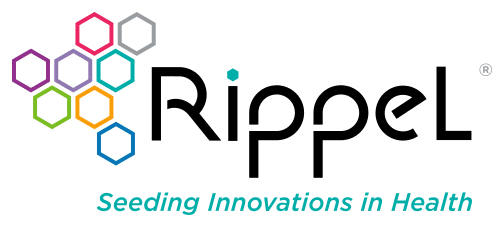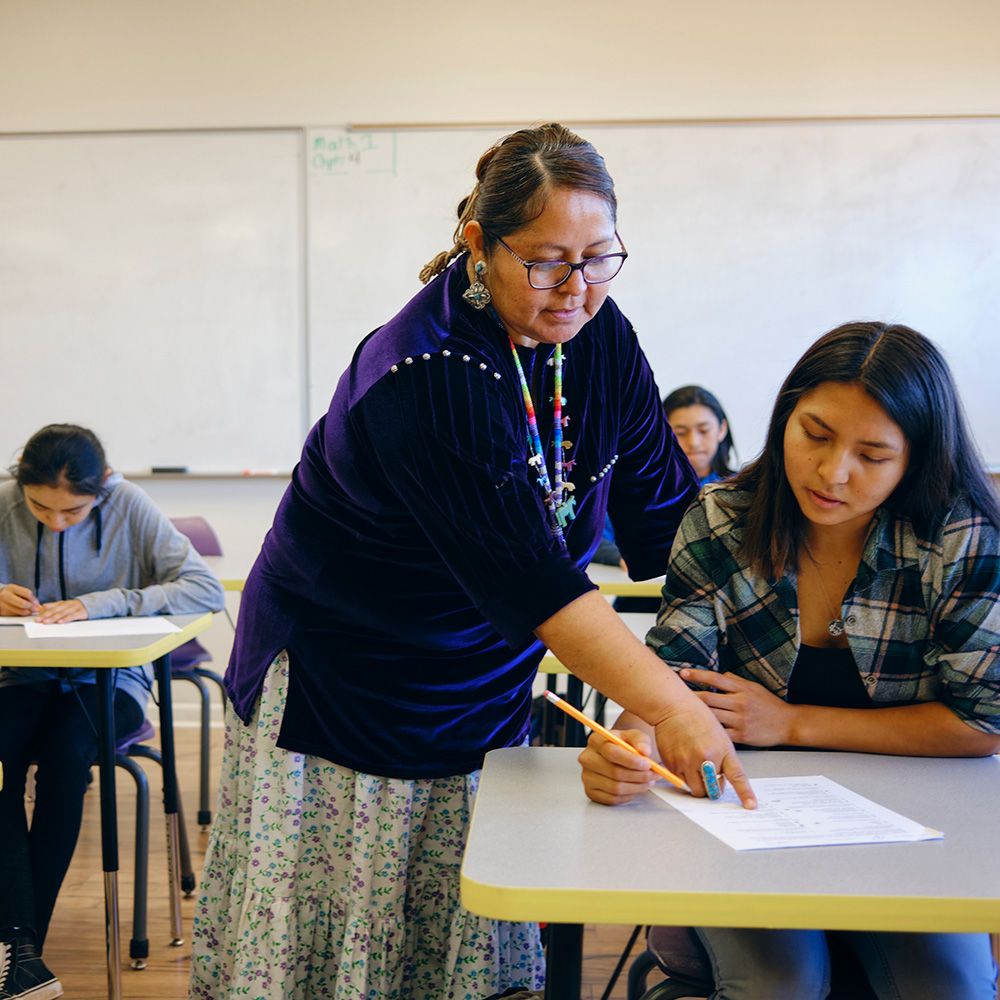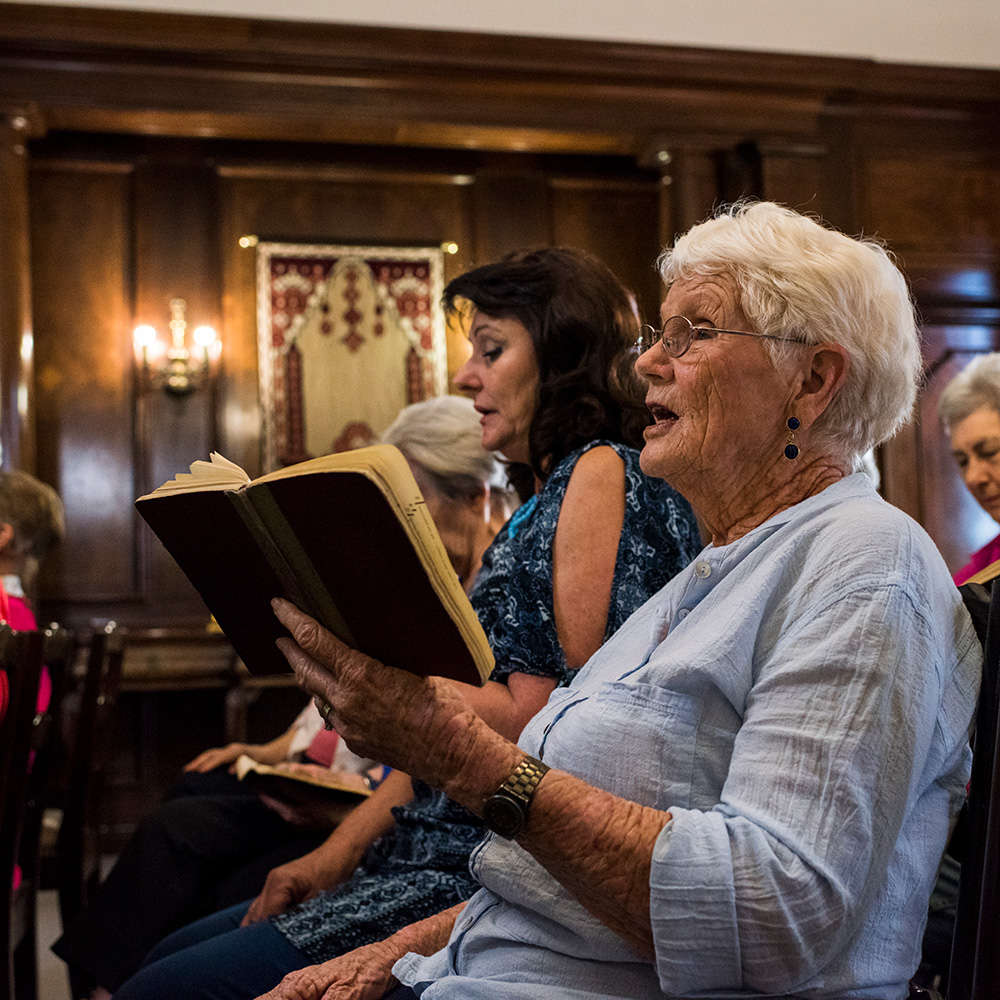Changing the status quo is notoriously difficult, and this is certainly true when it comes to the complex ecosystem that produces health and well-being. Stewards must be prepared to deal with a variety of roadblocks along the way. Here are a few of the most common.
Persistent Mental Models
As mentioned above, system transformation starts with evaluating and changing common mindsets and assumptions about population health. One of the most prevalent mental models in public health is the bias toward urgent services.
Stewards must help local and regional stakeholders see how relying on urgent services locks communities into a cycle of crisis and intervention. By shifting focus to the vital conditions for health and well-being, communities can work toward a system based on helping people thrive instead of a band-aid approach focused heavily on continually responding once to illness sickness and suffering have taken hold.
Addressing and shifting mental models requires patience and persistence. But with the right approach, stewards can help stakeholders from diverse backgrounds align behind a more transformational view of population health.
Entrenched Interests
Organizations and institutions that are currently receiving resource flows (grants, donations, public health budget allocations, etc.) sometimes become fixated on protecting those resource flows, and understandably so. The problem is, this can lead to a reflexive resistance to change.
Often this includes institutions that have their community’s best interests at heart and are doing valuable work. However, insofar as these institutions are operating on old mental models, this resistance can be a roadblock to vital systems transformation.
Stewards are tasked with the delicate process of helping leaders in these organizations understand and embrace the necessity for change, e. Even if that means making significant changes to programs that are currently receiving funding.
Overcoming Marginalization
Creating an equitable system for health and well-being requires input from everyone. Unfortunately, most communities include groups and/or individuals who have historically been marginalized or excluded from participating in creating the systems they rely on. As a consequence, the avenues to gain the full benefit of these community members’ expertise are typically absent or lacking.
It is up to stewards to help community stakeholders recognize where these dynamics exist and understand the ramifications of exclusion. From there, outreach efforts can begin to build a sense of belonging and civic muscle—a vital capacity necessary for transforming systems to produce more equitable health and well-being.











